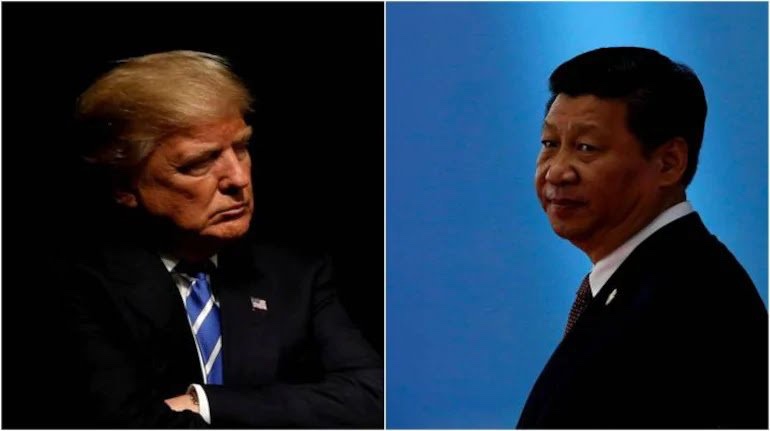MoneyControl • Jul 25, 2020 01:58 PM IST
By Praveen Swam
As a new Cold War is descending on Asia, it’s critical to anticipate what happens if it turns hot.
Europe’s Great Powers barely noticed the shots: notwithstanding the claims of legions of pop-historians, the two epoch-changing .380-calibre pistol rounds fired on a Sarajevo side-street one summer afternoon in 1914, weren’t heard around the world. Focussed on the conflict in Ireland, Britain showed scant interest in the killings in the Balkans.
Inside its isolationist cocoon, the United States chose to know little and care less. French newspapers much preferred the story of Henriette Cailaux, the wife of a prominent politician, who had just shot dead Le Figaro’s editor for fear he might publish her intimate correspondence.
Weeks after the assassination of Franz Ferdinand, heir-presumptive to the throne of the Empire of Austro-Hungary, bands cheerfully played on Europe’s streets, as its young men marched into an abyss that would claim the lives of 10 million soldiers and seven million civilians.
As a New Cold War descends on our world, one lesson of the First World War is more important than others: leaderships are prone to overestimate their ability to anticipate crisis, and to contain them should they break out. “If there is a general war”, the great Prussian leader Otto von Bismarck prophesied in 1888, “it will be over some damn fool thing in the Balkans”. No-one had time, though, to worry about damn-fool-things.
In 1914, Europe was more economically integrated at any time in its history; received wisdom held this made war near-impossible. Technology, military thinkers asserted, made long, grinding wars impossible. Ensconced in an elaborate system of continental alliances, Europe’s leaders thought the balance of power between their blocs was assured. Little imagination is needed to see the New Cold War will shape geopolitics in coming decades. Effective thinking on the consequences of this contestation must begin with liberation from conventional wisdom.
Faced with the realisation that China will not be a benign collaborator in a world order where the United States has primacy — the cherished hope of Presidents since Richard Nixon reached out to Mao Zedong in 1972 —Washington has begun to turn to a programme of strategic containment.
No comments:
Post a Comment